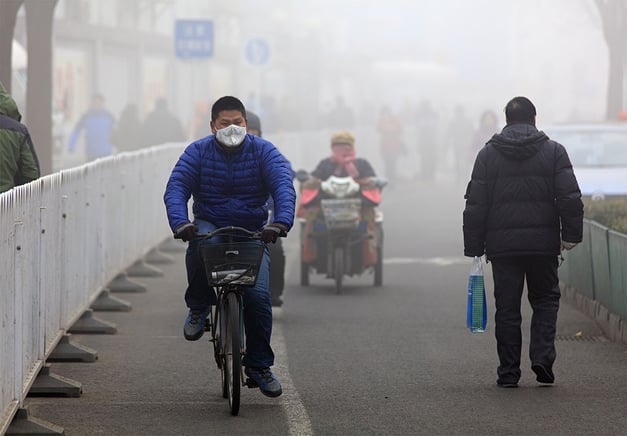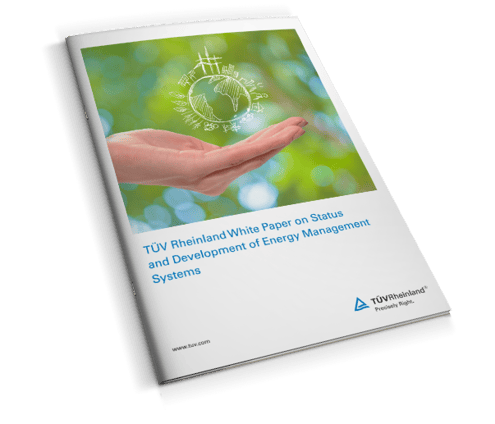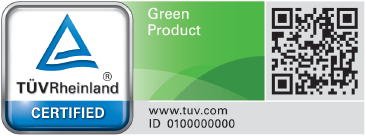China has made “green development” one of the five guiding principles in the 13th Five Year Plan, calling for a more eco-friendly development of the economy to solve severe pollution problems. One of the key measures has been to integrate “green” industry and encourage consumption of “green products”. In furtherance of these objectives, the State Council has mandated that the Certification and Accreditation Administration of the People’s Republic of China (CNCA) establish a comprehensive, integrated green product certification and labelling scheme to replace the existing system.

Previously, the existing system had many individual and partially overlapping certifications in areas such as environmental protection, saving water, saving energy, recycling, low carbon and organics, which are integrated under the new scheme. In parallel with this, the Standardisation Administration of the People's Republic of China (SAC) is developing the standards on which the new scheme will be based. The CNCA and SAC are acting on behalf of the General Administration of Quality Supervision, Inspection and Quarantine of the People's Republic of China (AQSIQ).
The goal of the reform is to develop a new structural and legal framework to support a voluntary, unified scheme for the certification and labelling of green products. This will partially include the China Compulsory Certification (CCC) to address the ecological aspects. After introducing the new scheme, the current green product certifications will continue to be recognised for a not yet specified interim period. In the long term, although a certain date has not yet been determined, the new consolidated scheme will replace the former certifications. The new scheme is expected to cover a maximum of 20% of all products.

The CNCA, commissioned by the AQSIQ, and based on the on-going working tasks, has allocated working packages and has established WGs and sub-working groups (SWGs) for implementation.
In developing the definition of “green products”, the CNCA has aligned all stakeholders. Although details of the definition still await further elaboration, it is now clear that “green products” will be based on consumer friendliness and will be environment friendly.
At least one new institute charged with granting environmental labels is undergoing the accreditation process. Previously only the China Environmental United Certification Center (CEC) was formally able to do so. Additionally, a new institute under the China Quality Certification Centre (CQC) will be accredited to issue energy efficiency certificates.

The CNCA has also assigned working tasks to help establish the new scheme. In January 2016, it collected opinions and suggestions on eco-labelling from different certification and accreditation institutes, governmental bodies, and national as well as international organisations. At a conference organised by the CNCA in March 2016, six working packages were allocated and six corresponding WGs were established, which were further divided into twelve SWGs. The latter included consumer electronics, agricultural products, textiles, vehicles, lightning electronics, renewable energy (e.g. wind, solar), industrial devices, water saving products, construction, construction materials and machinery.
The State Council is still adding product groups to the reform plan. The 12 SWGs were asked to define three to five specific products for pilot testing by May 2016. The CNCA, on behalf of the State Council, developed the first draft of the new labelling scheme at the end of July 2016. By the end of 2016, the implementation plan for the new scheme and the product catalogue with the comprehensive certification and labelling scheme will be completed.
Reference: GIZ Annual Meeting Background Paper of Ongoing Quality Infrastructure Related Reforms in China










